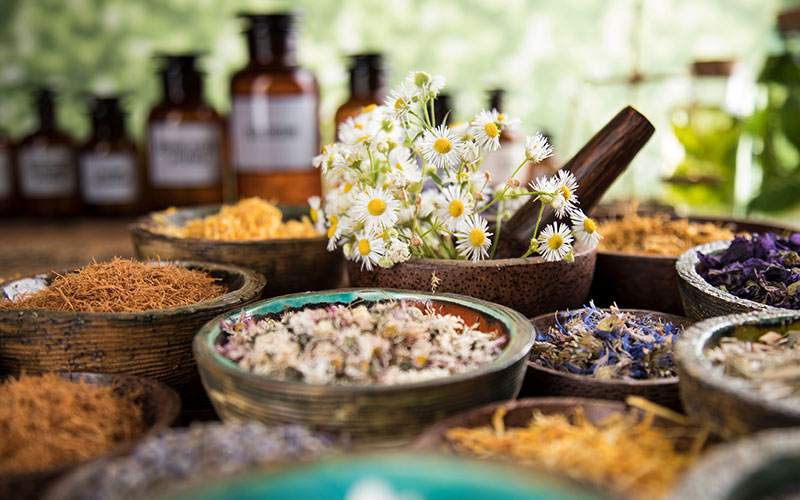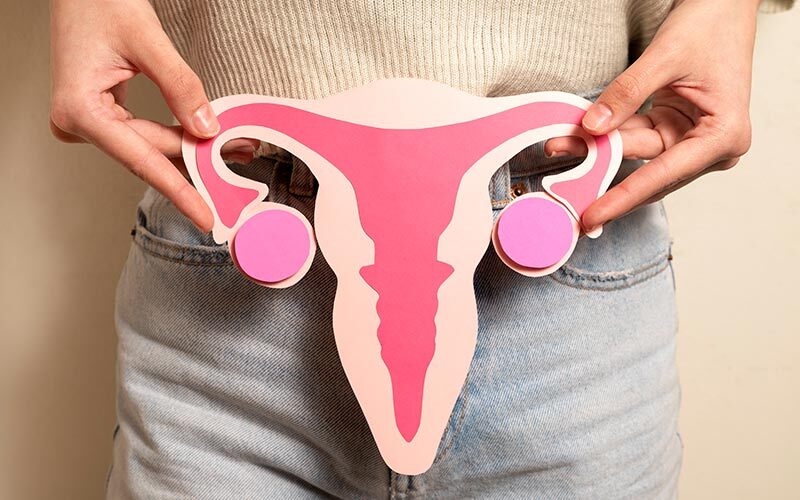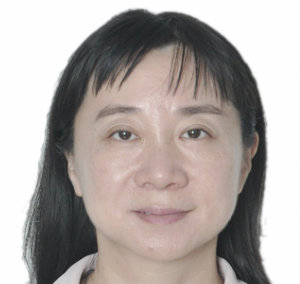Traditional Chinese Medicine
Our skilled Traditional Chinese Medicine practitioner, Xinling (Gloria) Leng, TCM, utilizes various treatment methods, including acupuncture, Daoyin, Qigong, herbal medicine, and more, to restore the balance of yin and yang within the body, promote healing, and enhance longevity.
We offer a comprehensive range of Traditional Chinese Medicine (TCM) services to help you achieve optimal well-being. TCM has a rich history spanning thousands of years, with roots in ancient Taoist principles and the Yellow Emperor’s Canon of Internal Medicine.
TCM takes a holistic approach to diagnosis and treatment, considering your physical, emotional, and spiritual well-being. Combining techniques such as herbal formulas, acupuncture, dietary advice, and more, we strive to restore harmony to your body’s Qi, ultimately supporting your overall health and facilitating healing.
- HERBAL MEDICINE
- QIGONG
- DAO YIN
- WOMEN'S WELLNESS
- MOOD SUPPORT
- BREASTFEEDING SUPPORT
- WOMEN'S REPRODUCTIVE HEALTH

Herbal medicine forms a central component of TCM, employing various plants, minerals, and animal products to address various health conditions. This ancient practice recognizes the healing properties of plant compounds, which can interact with the body to reduce inflammation, modulate the immune system, and act as antioxidants. Our herbal medicines come in different forms, such as tinctures, teas, tablets, capsules, and creams, offering versatile options to suit your preferences and needs.

Qigong, a system of Chinese exercise and meditation, combines coordinated physical movements, breathing techniques, and mental focus to cultivate and balance the vital energy known as Qi. By harmonizing the flow of Qi within your body, Qigong promotes vitality, health, and spiritual development. With various styles and forms available, Qigong can be tailored to focus on physical well-being or delve deeper into spiritual growth. Many practitioners integrate principles from acupuncture and herbal remedies into their Qigong practice, enhancing its therapeutic benefits.

Dao Yin, or “Tao Yin,” is a traditional Chinese exercise emphasizing stretching, breathing, and mental focus. This practice complements Qigong, placing a greater emphasis on physical movements and flexibility. By guiding and stretching the body, Dao Yin promotes the flow of Qi, enhances flexibility, strengthens the body, and contributes to overall physical health. Some forms of Dao Yin also incorporate acupressure and herbal remedies, drawing from the principles of traditional Chinese medicine.

TCM offers valuable support for women’s health concerns, addressing many physical, emotional, and hormonal issues. Our practitioner can help balance hormones, regulate menstrual cycles, and alleviate conditions such as PMS, menstrual cramps, and peri-menopausal/menopausal symptoms. TCM can also be utilized to support fertility, either as a stand-alone treatment or in conjunction with assisted reproductive technologies. Additionally, TCM can address conditions that may impact fertility, including endometriosis, PCOS, and fibroids. By taking a holistic approach, TCM can promote women’s health and well-being in a safe and effective manner.

TCM provides valuable support for mood and emotional well-being by balancing the body’s energy, known as Qi. Blockages or disruptions in the flow of Qi can lead to physical and emotional symptoms. Our practitioners employ various TCM treatments such as acupuncture, herbal medicine, and qigong to restore harmony to the body’s energy, thus promoting emotional well-being. TCM can also help reduce stress and anxiety, enhance sleep quality, and provide natural support for mood stability. By addressing the root causes of imbalances, TCM offers a comprehensive approach to mood support.

We understand the unique needs of breastfeeding mothers and their babies, and TCM can play a crucial role in supporting this special phase of life. Our practitioners can help increase milk production by utilizing acupuncture and herbal medicine, addressing common issues such as stress and hormonal imbalances. TCM is also effective in addressing breastfeeding-related concerns like sore nipples, engorgement, and mastitis, offering relief through herbal remedies and acupuncture. Furthermore, TCM supports postpartum recovery by addressing fatigue, insomnia, and postpartum depression, ultimately benefiting milk production and a mother’s breastfeeding ability.

Chinese medicine has a profound and intricate relationship with women’s reproductive health that extends across a spectrum of conditions. Through centuries of refinement, Chinese
medicine has become a holistic approach that not only targets specific symptoms but also addresses the underlying imbalances within the body. This approach is particularly evident in its application to menstrual disorders, encompassing conditions such as abnormal uterine bleeding, amenorrhea, and dysmenorrhea. It is also beneficial in dealing with more complex conditions such as endometriosis and adenomyosis, tumors of female genital organs, and inflammation. The principles of Chinese medicine can extend to fertility concerns, offering support for couples navigating infertility challenges.
The scope of Chinese medicine encompasses every stage of a woman’s reproductive journey, from labor preparation and pregnancy to postpartum conditions. It has been known to alleviate pregnancy discomforts, reduce the occurrence of pregnancy complications, and aid in labor induction. Additionally, it addresses postpartum conditions, helping new mothers recover their strength and balance after childbirth. Conditions like polycystic ovary syndrome (PCOS), uterine prolapse, and prevalent vaginal issues are also within the purview of Chinese medicine, with tailored treatment plans designed to address these specific concerns. Overall, Chinese medicine’s intricate understanding of the body’s energies and its holistic approach make it a valuable asset in promoting women’s reproductive health and overall well-being.


